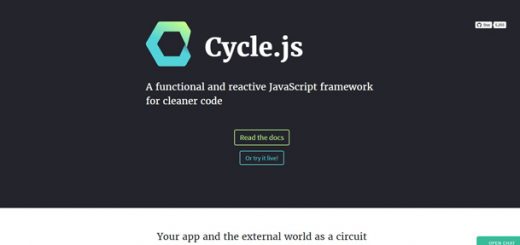Java is one of the most used and popular which has been admiring by millions of developers across the globe has evolved as a brilliant programming language. This language is also blooming and improving to cater to growing market demands.
Utilizing JavaScript into your web projects can enable you to move HTML elements around, create a variety of custom animations, and give your visitors a better end user experience. Java contributors are consistently making strides to keep the language updated with latest technicalities and superior functionality.
We are back with yet another JavaScript Tools Roundup released recently, following tools can accomplish almost every development related task for you and help you to achieve the desired results within certain deadline. We hope you will find the list useful for your development needs, please send us your feedback by posting a comment below.
1. FindBugs
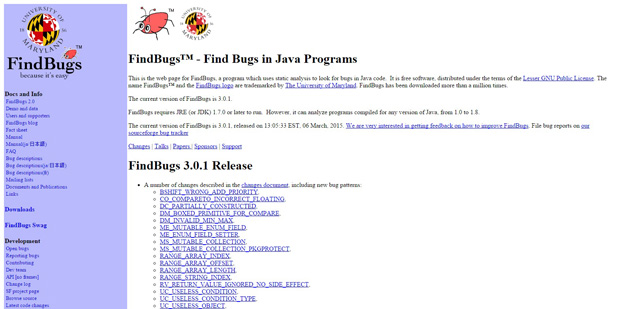
This tool helps locate bugs in the Java programs by implementing static analysis. FindBugs is available for free and can be used as a GUI or plugin for NetBeans, IntelliJ, Eclipse and mode IDEs.
2. Jar Jar Links
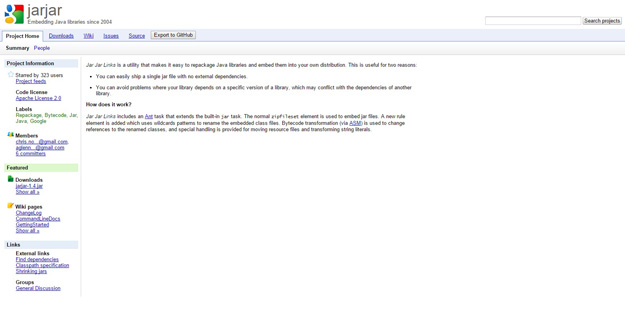
Jar Jar Links is a utility that makes it easy to repackage Java libraries and embed them into your own distribution. This is useful for two reasons – You can easily ship a single jar file with no external dependencies, you can avoid problems where your library depends on a specific version of a library, which may conflict with the dependencies of another library.
3. Guava
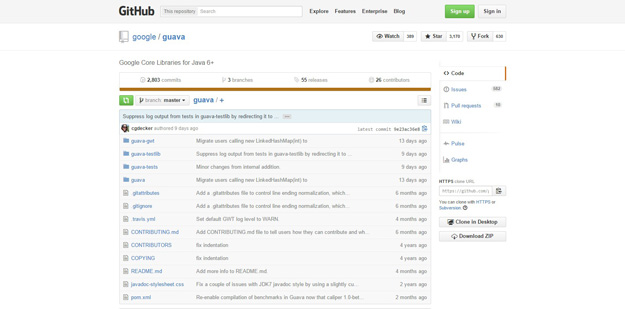
The Guava project contains several of Google’s core libraries that we rely on in our Java-based projects: collections, caching, primitives support, concurrency libraries, common annotations, string processing, I/O, and so forth.
4. JEXL
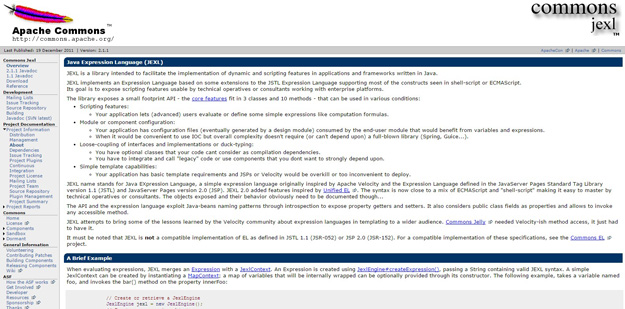
JEXL is a library intended to facilitate the implementation of dynamic and scripting features in applications and frameworks written in Java. JEXL implements an Expression Language based on some extensions to the JSTL Expression Language supporting most of the constructs seen in shell-script or ECMAScript. Its goal is to expose scripting features usable by technical operatives or consultants working with enterprise platforms.
5. Nodemailer
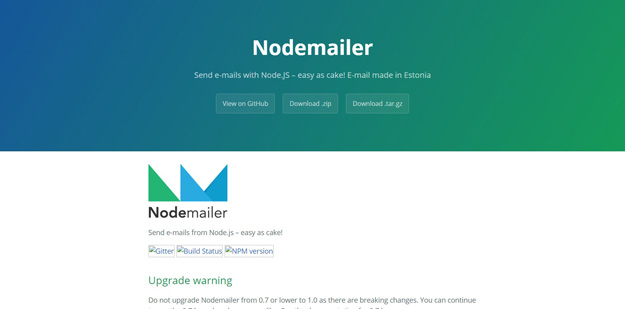
Nodemailer makes it easy to send emails from Node.js. It supports HTML as well as plain text emails, and supports unicode characters, HTML image embedding, and more.
6. Jest
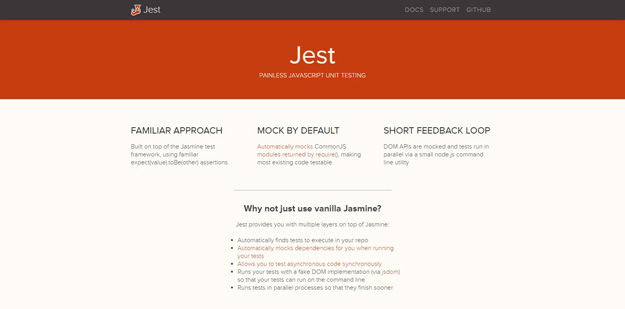
Jest is built on top of the Jasmine test framework and offers painless unit testing. It automatically finds tests to execute in your repo, mocks dependencies for you when running your tests, and more.
7. Javascript I/O
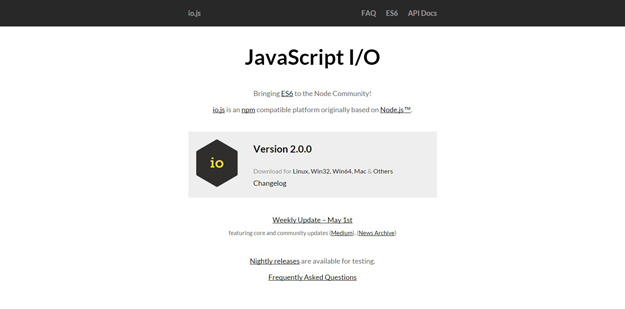
JavaScript I/O is an npm compatible platform that was originally based on Node.js and built on Chrome’s V8 Runtime. It aims to provide faster and predictable release cycles.
8. Migrat
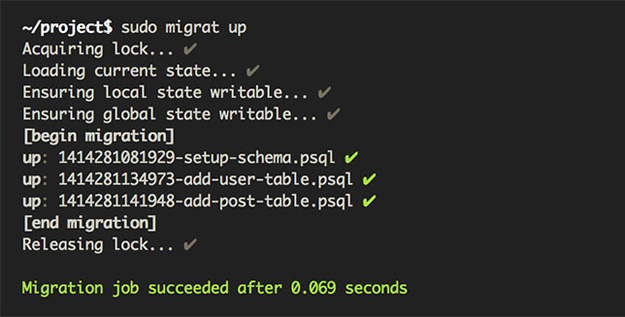
Migrat is a pluggable Node.js migration tool that is not tied any particular database engine and supports multi-node environments. It’s designed for diverse stacks and processes, and allows migrations to be run once globally or once per server.
9. Pioneer

Pioneer is an easy to understand JavaScript DSL to interact with your app using a real browser, for testing its state compared to expectations. It makes it easier to write and debug your interaction tests, and it’s stack agnostic.
10. Thaw.js
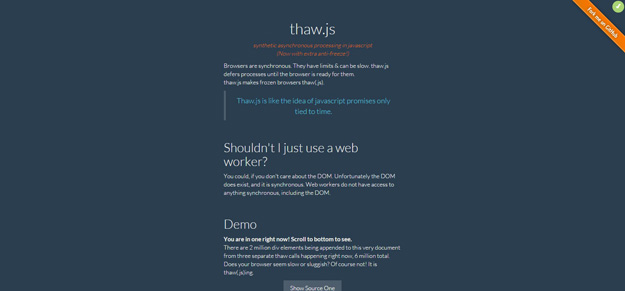
Thaw.js offers synthetic asynchronous processing in JavaScript, which defers processes until the browser is ready for them. And unlike web workers, it gives you access to the DOM.
11. Fkit

FKit is a functional programming toolkit for JavaScript that includes tools for solving common problems with functions, arrays, objects, and strings. It focuses on everyday utility while providing reusable building blocks.
12. Lazy Sizes
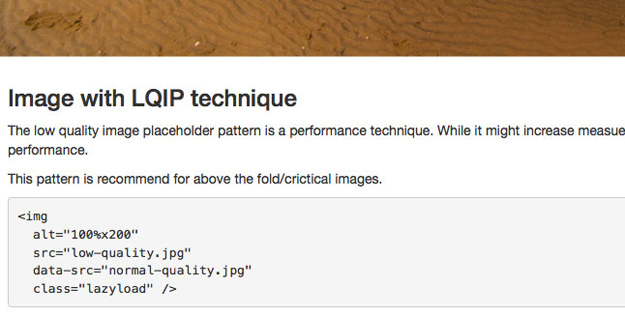
Lazysizes is a fast, jank-free lazy loader for images, including responsive ones, iFrames, and scripts or widgets. It detects visibility changes triggered through user interaction, CSS or JavaScript without any configuration on your part.
13. Bragi
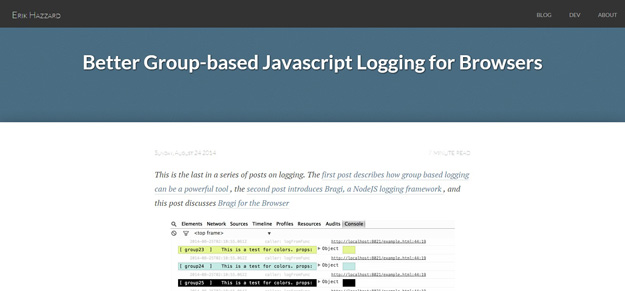
Bragi is a browser tool for JavaScript logging, designed for Chrome (but at least somewhat compatible with other browsers). It includes colors, custom log levels, and server reporting functionality.
14. Pojoviz
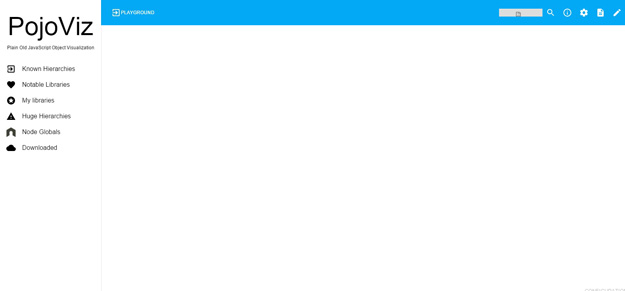
PojoViz lets you analyze a library or framework’s plain objects by finding the relationships between library entry point and the objects and functions linked to it. It creates a graph that you can export to a simple JSON file consisting of nodes/edges.
15. Webpack
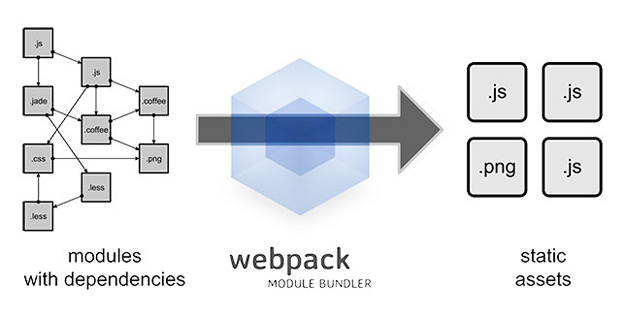
Webpack is a module bundler that takes modules with dependencies and turns them into static assets. It aims to be better suited to large projects, while also keeping initial loading time low.

